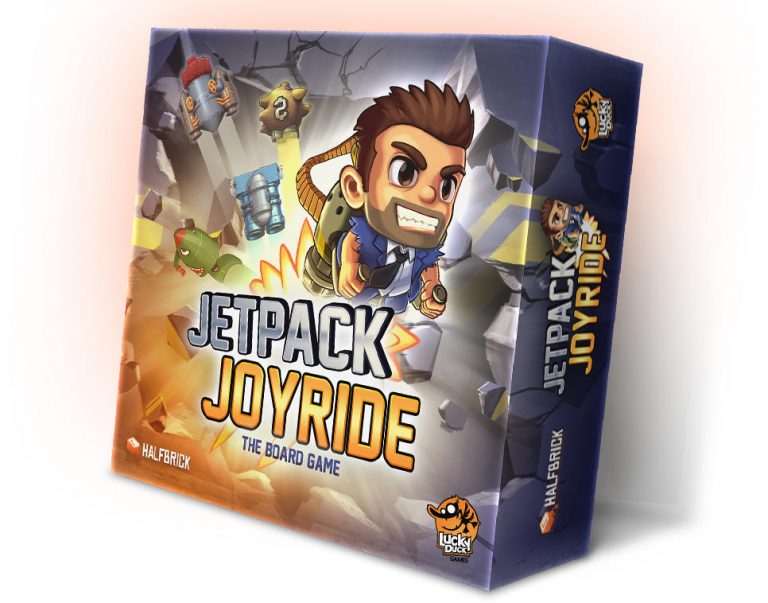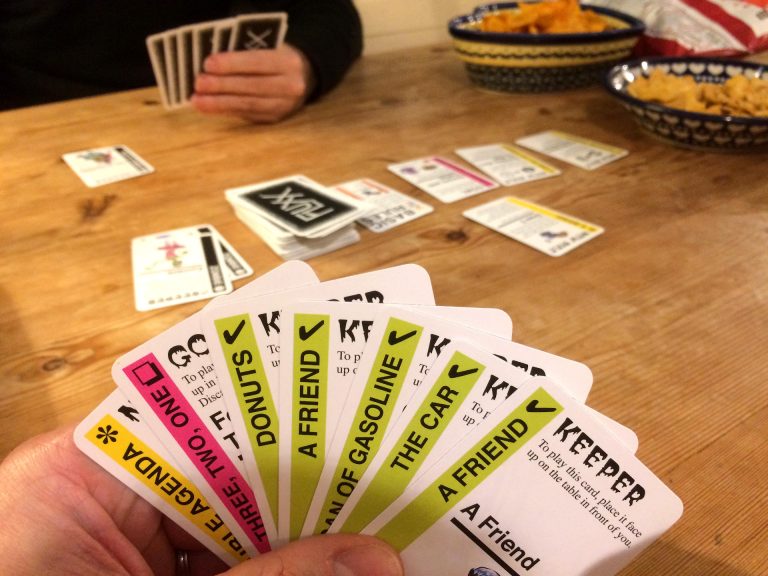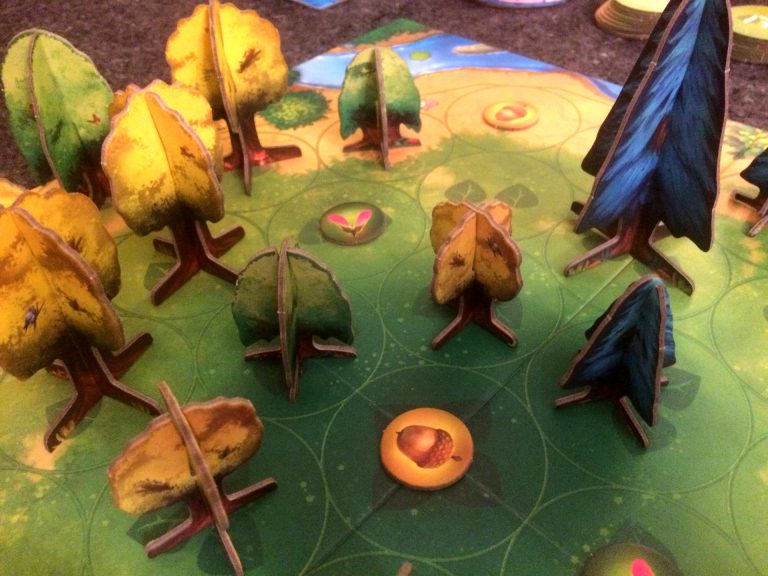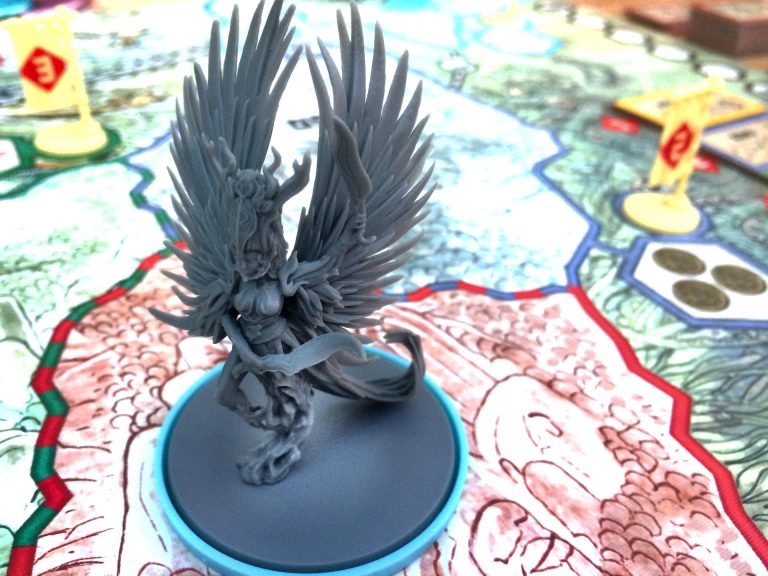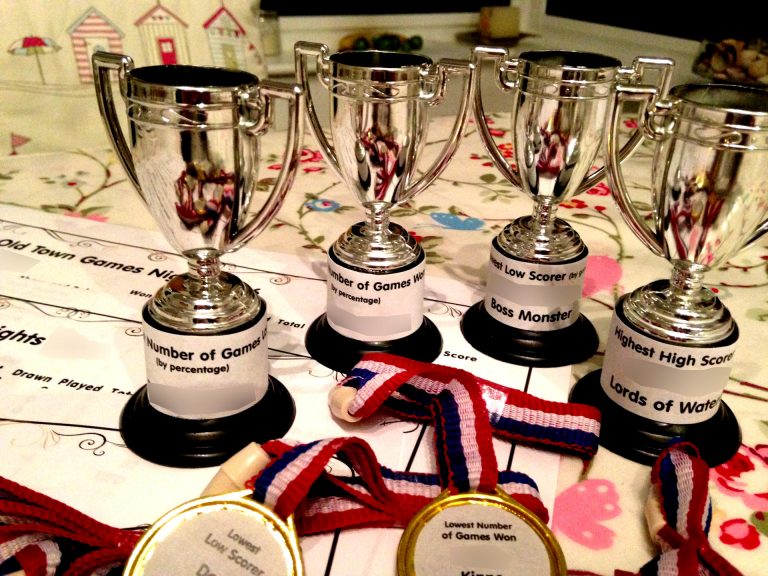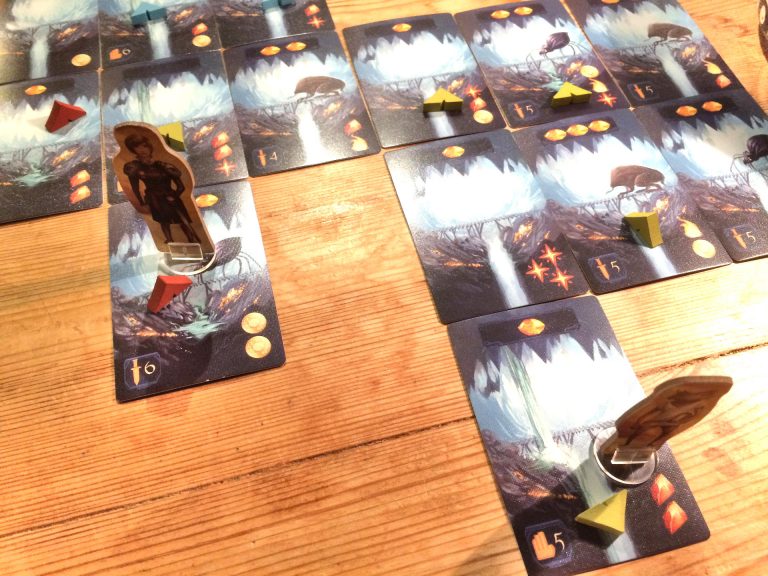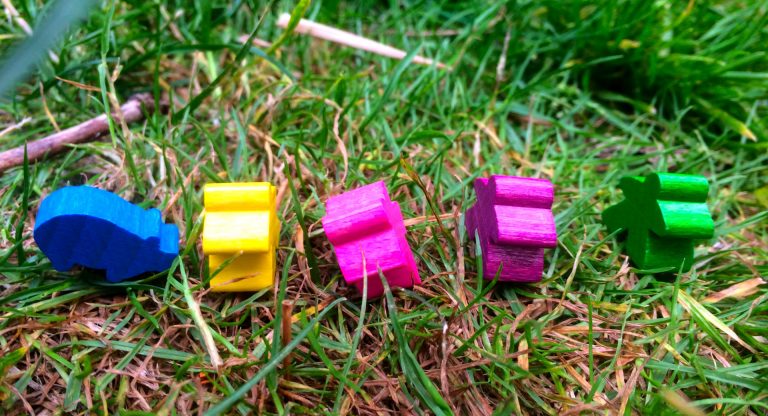Jetpack Joyride (Saturday Review)
When struggling gramophone salesman Barry discovers a not-so-secret secret lab (I recommend you watch the trailer on Halfbrick's website) which has developed a number of different and increasingly crazy jetpacks, his life changes. He starts with a basic jetpack and flies through the various rooms of the lab to avoid obstacles and find the next and better jetpack to try out for himself. A lot of frantic horizontally scrolling fun ensues, which the boardgame conversion of Jetpack Joyride by Lucky Duck Games tries to reproduce on your dining room table.


